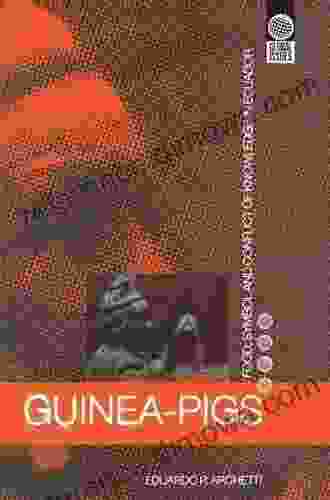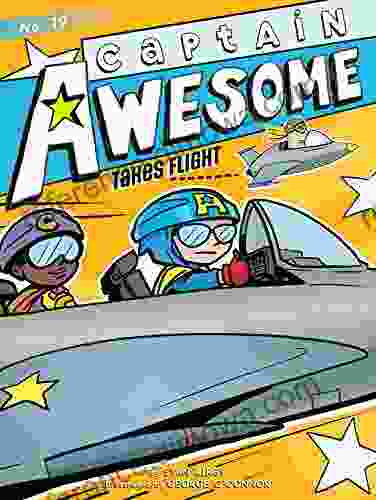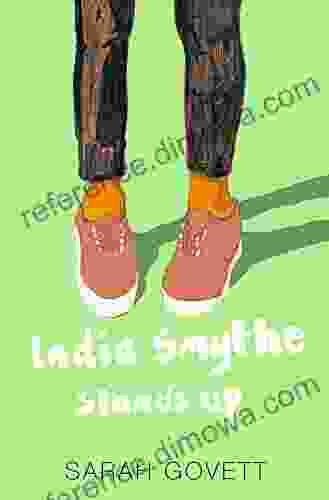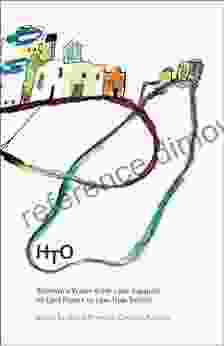Food Symbol and Conflict of Knowledge in Ecuador: A Comprehensive Examination

5 out of 5
| Language | : | English |
| File size | : | 2189 KB |
| Text-to-Speech | : | Enabled |
| Screen Reader | : | Supported |
| Enhanced typesetting | : | Enabled |
| Word Wise | : | Enabled |
| Print length | : | 161 pages |
In the tapestry of Ecuadorian culture, food plays a pivotal role, transcending mere sustenance. It embodies cultural heritage, shapes identities, and transmits knowledge across generations. However, this intricate relationship between food and identity is not without its complexities, often becoming a source of tension and contestation. In this article, we embark on a journey to explore the multifaceted nature of food symbolism in Ecuador, shedding light on its role as both a symbol of cultural cohesion and a catalyst for conflict of knowledge.
Food as a Symbol of Cultural Identity
Food is deeply entwined with Ecuador's rich cultural heritage, reflecting the country's diverse geography and ethnic composition. From the vibrant markets of Quito to the traditional kitchens of the indigenous communities, food is both a means of nourishment and a vehicle for expressing cultural identity.
Regional Cuisine and Cultural Diversity
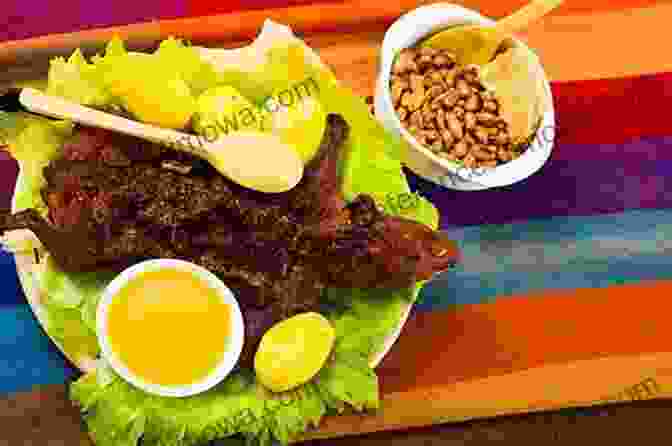 Ecuador's regional cuisine is a testament to the country's cultural diversity. The coastal regions, influenced by Spanish and African culinary traditions, favor seafood and coconut-based dishes. In contrast, the Andean highlands are known for their hearty soups and stews, often incorporating ancient Andean grains like quinoa and amaranth. The Our Book Library rainforest, with its abundance of fruits, vegetables, and fish, offers a distinct culinary experience.
Ecuador's regional cuisine is a testament to the country's cultural diversity. The coastal regions, influenced by Spanish and African culinary traditions, favor seafood and coconut-based dishes. In contrast, the Andean highlands are known for their hearty soups and stews, often incorporating ancient Andean grains like quinoa and amaranth. The Our Book Library rainforest, with its abundance of fruits, vegetables, and fish, offers a distinct culinary experience.
Indigenous Knowledge and Food Traditions
Indigenous communities in Ecuador have developed unique food traditions that reflect their close connection to the land. Many indigenous groups rely on traditional agricultural practices, cultivating crops such as potatoes, corn, and beans. Their culinary knowledge is often passed down through generations, preserving ancient techniques and flavors.
Food and Conflict of Knowledge
While food can be a source of cultural cohesion, it can also be a site of conflict of knowledge. This occurs when different groups hold contrasting beliefs and practices surrounding food and nutrition.
Globalization and Dietary Changes
Globalization has brought about significant changes in Ecuador's food system. The of processed foods and Western dietary habits has influenced the eating patterns of many Ecuadorians. This has led to a decline in the consumption of traditional foods, raising concerns about the loss of cultural heritage and the potential health implications.
Food Security and Inequality
Food insecurity remains a significant challenge in Ecuador, particularly in rural and indigenous communities. Unequal access to resources, land, and education perpetuates a cycle of poverty and malnutrition. This disparity highlights the complex interplay between food, knowledge, and social justice.
The relationship between food, symbol, and conflict of knowledge in Ecuador is a multifaceted and dynamic one. Food serves as a powerful symbol of cultural identity, reflecting the country's rich diversity and heritage. However, it also becomes a source of tension and contestation as different groups negotiate their beliefs and practices surrounding food and nutrition.
Embracing the diversity of food knowledge and traditions is crucial for promoting cultural preservation and food security in Ecuador. By bridging the gaps between traditional and modern dietary practices, and addressing the underlying inequalities that perpetuate food insecurity, it is possible to create a more equitable and sustainable food system for all Ecuadorians.
5 out of 5
| Language | : | English |
| File size | : | 2189 KB |
| Text-to-Speech | : | Enabled |
| Screen Reader | : | Supported |
| Enhanced typesetting | : | Enabled |
| Word Wise | : | Enabled |
| Print length | : | 161 pages |
Do you want to contribute by writing guest posts on this blog?
Please contact us and send us a resume of previous articles that you have written.
 Book
Book Novel
Novel Page
Page Chapter
Chapter Text
Text Story
Story Genre
Genre Reader
Reader Library
Library Paperback
Paperback E-book
E-book Magazine
Magazine Newspaper
Newspaper Paragraph
Paragraph Sentence
Sentence Bookmark
Bookmark Shelf
Shelf Glossary
Glossary Bibliography
Bibliography Foreword
Foreword Preface
Preface Synopsis
Synopsis Annotation
Annotation Footnote
Footnote Manuscript
Manuscript Scroll
Scroll Codex
Codex Tome
Tome Bestseller
Bestseller Classics
Classics Library card
Library card Narrative
Narrative Biography
Biography Autobiography
Autobiography Memoir
Memoir Reference
Reference Encyclopedia
Encyclopedia A M Sohma
A M Sohma Edward W Merrow
Edward W Merrow Bob Williams
Bob Williams A L Galbraith
A L Galbraith Caelan Banks
Caelan Banks Graham Field
Graham Field Aaron Chandler
Aaron Chandler A S King
A S King Elysanna Louzada
Elysanna Louzada Stephen T Thornton
Stephen T Thornton Lorenzo Pareschi
Lorenzo Pareschi Joan L Coffey
Joan L Coffey Gill Arbuthnott
Gill Arbuthnott Edith Bernier
Edith Bernier Mark Berlin
Mark Berlin Aaron Blecha
Aaron Blecha Sonya Spreen Bates
Sonya Spreen Bates Mary E Pearson
Mary E Pearson Montana Ross
Montana Ross B T Polcari
B T Polcari
Light bulbAdvertise smarter! Our strategic ad space ensures maximum exposure. Reserve your spot today!

 Percy Bysshe ShelleyHow To Get Customers In Your Network Marketing Company: The Ultimate Guide
Percy Bysshe ShelleyHow To Get Customers In Your Network Marketing Company: The Ultimate Guide
 Donovan CarterUnveiling the Devastating Aftermath: Dead America Idaho Box Set – A Haunting...
Donovan CarterUnveiling the Devastating Aftermath: Dead America Idaho Box Set – A Haunting... Carson BlairFollow ·10.7k
Carson BlairFollow ·10.7k Hector BlairFollow ·7.5k
Hector BlairFollow ·7.5k Henry HayesFollow ·13.4k
Henry HayesFollow ·13.4k Ross NelsonFollow ·19k
Ross NelsonFollow ·19k Tennessee WilliamsFollow ·11.3k
Tennessee WilliamsFollow ·11.3k Jerry HayesFollow ·6.2k
Jerry HayesFollow ·6.2k Anthony BurgessFollow ·19.2k
Anthony BurgessFollow ·19.2k Theo CoxFollow ·5k
Theo CoxFollow ·5k
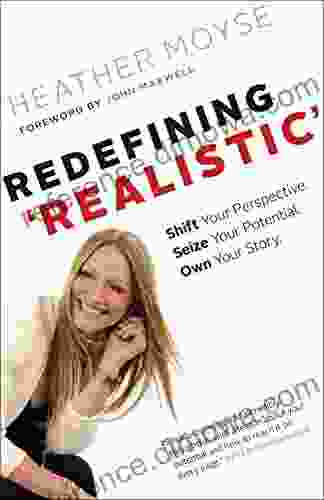
 Julio Cortázar
Julio CortázarShift Your Perspective, Seize Your Potential, Own Your...
A Transformative Guide to...
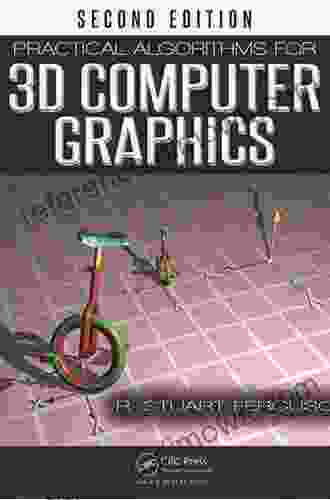
 Isaias Blair
Isaias BlairPractical Algorithms For 3d Computer Graphics: Unlocking...
In the realm of digital artistry, 3D computer...

 Joseph Heller
Joseph HellerClear Vision Through Cloudy Eyes: A Guide to Overcoming...
Have you ever felt...
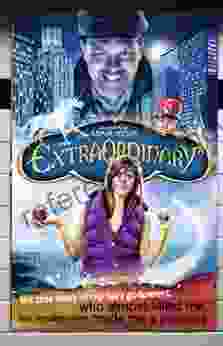
 Leo Tolstoy
Leo TolstoyThe True Story of My Fairygodparent Who Almost Killed Me...
Book Description In this captivating...
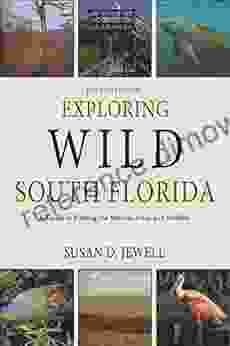
 Earl Williams
Earl WilliamsCanada 10 Must Visit Locations: A Captivating Journey...
Prologue: A...
5 out of 5
| Language | : | English |
| File size | : | 2189 KB |
| Text-to-Speech | : | Enabled |
| Screen Reader | : | Supported |
| Enhanced typesetting | : | Enabled |
| Word Wise | : | Enabled |
| Print length | : | 161 pages |


